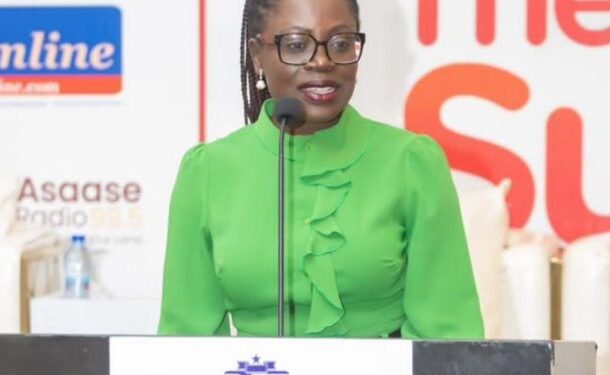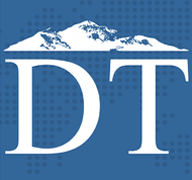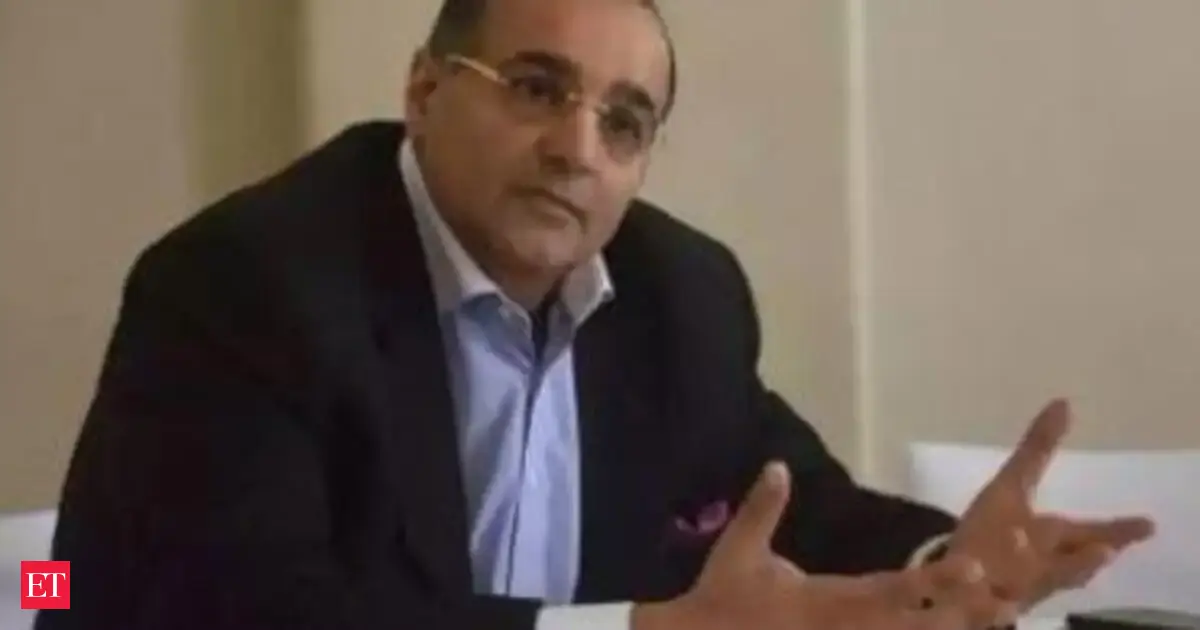Copyright ghanaguardian

Investor confidence in Ghana’s capital market is facing renewed scrutiny following the introduction of the capital gains tax on securities, a move many stakeholders warn could dampen the market’s attractiveness to both local and foreign investors. Although the Ghana Stock Exchange (GSE) remains one of the best-performing markets globally this year, its Managing Director, Abena Amoah, says potential issuers remain cautious due to persistent economic and structural challenges. Speaking during a panel discussion at the 14th Ghana Economic Forum (GEF) organised by the Business and Financial Times (B&FT) in Accra, Ms. Amoah noted that several companies are hesitant to pursue new listings or capital-raising initiatives because of the high cost of doing business and the current macroeconomic climate. “We need a sustained macroeconomic environment. That’s what potential issuers keep telling us — that interest rates are still too high. Bank loans at 20% and above are not competitive. Power costs are also high, and we need to improve productivity to become more competitive,” she explained. She stressed that despite visible recovery in market activity, high capital costs and energy expenses continue to undermine business and investor confidence. The GSE boss also highlighted that the country’s tax framework plays a crucial role in either encouraging or discouraging investment. “There’s still a lot of discussion around the tax environment and how it can be shaped to support more investment,” she added. Ms. Amoah further explained that the Exchange is engaging policymakers to help ensure Ghana’s market remains attractive to long-term investors. “Even at the GSE, we are struggling with Ghana’s decision to implement a capital gains tax on securities. This makes us one of the few markets in Africa with such a policy — and less competitive compared to our peers,” she said. She emphasised that maintaining investor confidence is critical to driving economic transformation, noting that the capital market plays a vital role in financing infrastructure, corporate growth, and government initiatives. “We’ll continue to engage policymakers so that investors can confidently bring in the financing needed for national development,” Ms. Amoah concluded.



